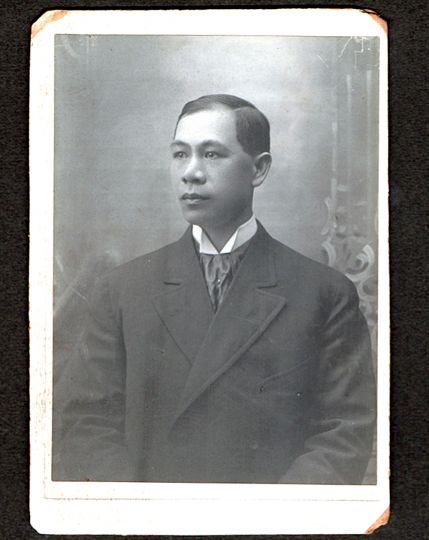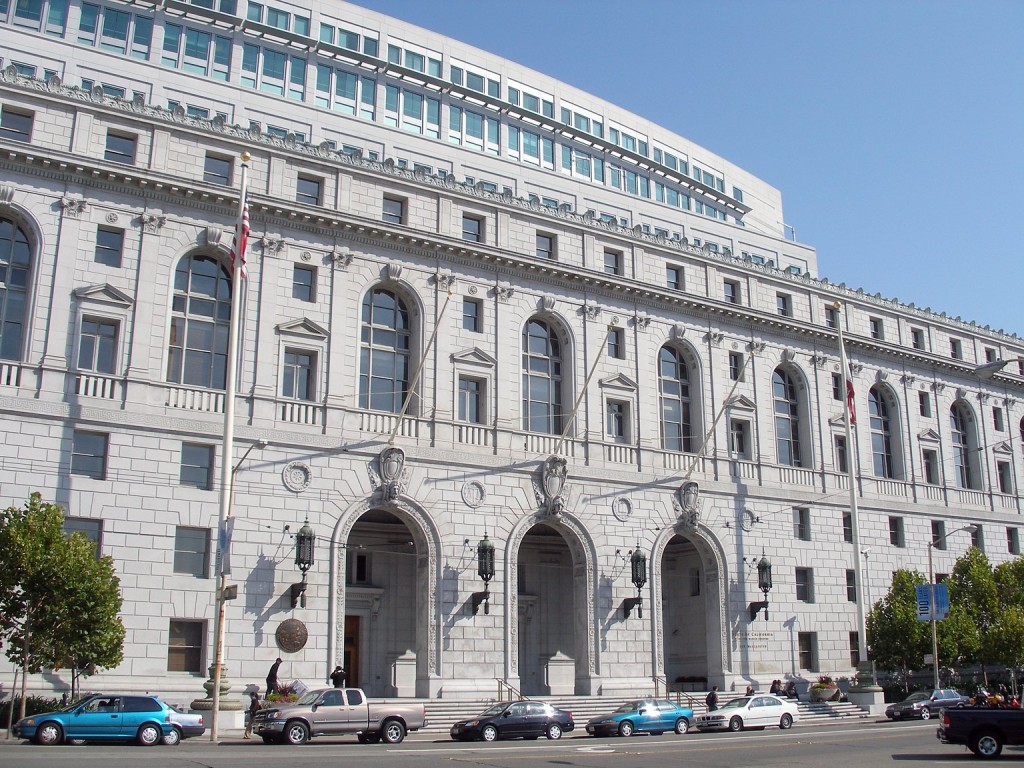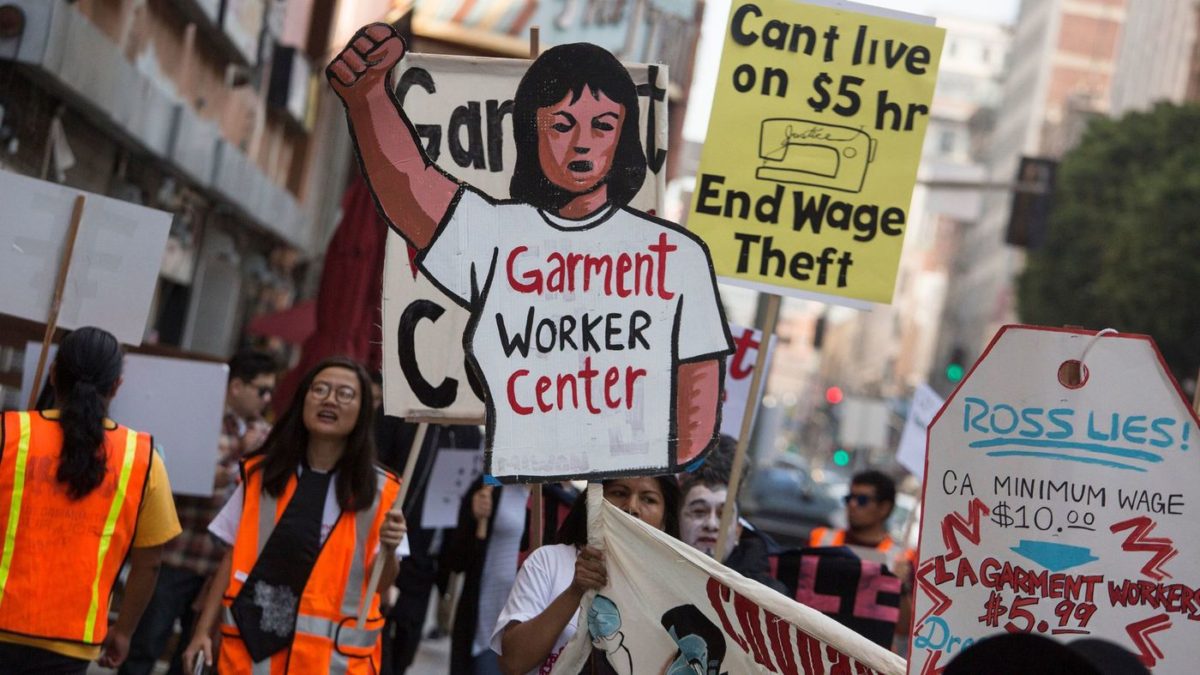Hong Yeng Chang’s case is obscure to laypeople, but well-known to students of the law.
Chang was among the many Chinese students who migrated to the United States in the 19th century to pursue an education. He obtained his undergraduate degree at Yale University and went on to receive his law degree from Columbia University in 1886 (just years after passage of the Chinese Exclusion Act and at a time when anti-Asian sentiment was high throughout the country), as one of the nation’s first Asian American Ivy Leaguers.
Upon graduation, Chang applied to take the New York state bar exam, and was initially refused due to his race. However, after receiving special permission from the state Legislature, he took and passed the bar exam being — according to the New York Times reports of the era — the first Chinese immigrant to be licensed to practice law in the United States.
In 1890, Chang decided to move to California, where he hoped to serve the state’s growing Chinese immigrant population, most languishing under the state’s increasingly flagrant laws of exclusion and discrimination. However, upon his arrival, Chang found he was denied the right to take the California State Bar exam. Chang appealed to California’s Supreme Court, but the high court sided with the State Bar, citing the Chinese Exclusion Act, which denied the right to naturalization to all Chinese immigrants, and a California law prohibiting non-citizens from practicing law in the state. The high court’s opinion became well-known as one of the state’s most notorious racially-motivated legal decisions.
Chang went on to have a successful career in banking and diplomacy, but California has yet to address this or the rest of its history of anti-Asian legislation, including the institution of head taxes, miners’ taxes, or other ordinances.
This year, students at the UC Davis Asian Pacific American Law Association are seeking to correct California’s historic decision in regards to Chang’s case by applying for a posthumous legal license to the California State Bar on his behalf; they hope their application will be heard by California’s Supreme Court, which licenses all new attorneys in the state.
California has not yet established a precedent of awarding posthumous licenses, but the UC Davis students are optimistic that California will make an exception here in light of the historic injustice of this situation, and the broad public benefit such an act would have.
“Admitting Mr. Chang would be a powerful symbol of our state’s repudiation of laws that singled out Chinese immigrants for discrimination,” said Gabriel “Jack” Chin, a professor at UC Davis School of Law and the student association’s adviser.
Chang’s posthumous application is scheduled to be heard in late June.
Update: Here’s a Change.org petition! Sign it!



